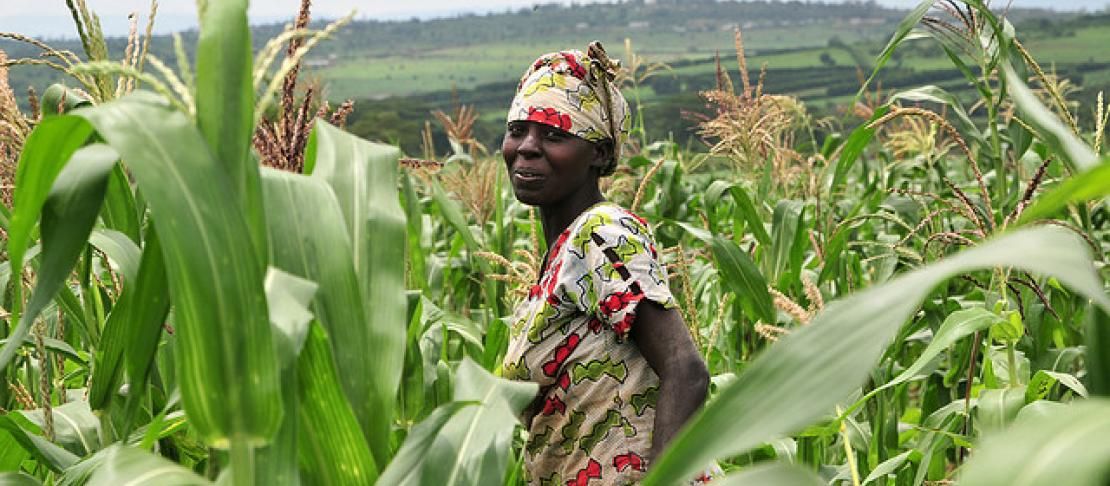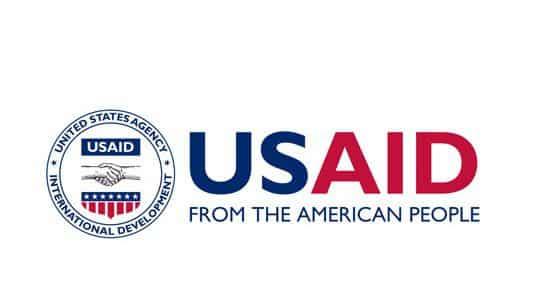Building climate services capacity in Rwanda

Project description
The Rwanda Climate Services for Agriculture project is a four-year initiative (2016-2019) that seeks to transform Rwanda’s rural farming communities and national economy through improved climate risk management. The project’s goal is to improve agricultural planning and food security management in the face of a variable and changing climate at both local and government levels. In order to do so, project staff works directly with technical officers, policy and decision makers within the Government of Rwanda, as well as with farmers and other key stakeholders in the country’s agriculture sector.
The project benefits from years of applied research on climate services for agriculture by the CGIAR Research Program on Climate Change, Agriculture and Food Security (CCAFS) and its partners in Africa and beyond. It aims to improve the supply, communication and use of climate-related information in a balanced manner using products co-developed by both providers and users. For instance, the project will build on the Enhancing National Climate Services (ENACTS) approach, already piloted in eight countries in Africa, including Rwanda. ENACTS focuses on the creation of reliable climate information suitable for national and local decision making. Under this initiative, Rwanda’s National Meteorological Agency (Meteo-Rwanda) has merged satellite data with its station observations to fill gaps in both space and time and can now provide a range of high-resolution climate information products tailored to agricultural user needs through web-based “maprooms”.
Activities
Rwanda Climate Services for Agriculture builds on and scale up the successful Participatory Integrated Climate Services (PICSA) approach to reach rural communities in the country. Through the PICSA approach, agricultural extension staff, development NGOs and other intermediaries are trained to integrate climate services into their ongoing work with farming communities across Rwanda’s 30 districts. The ENACTS-related maprooms will provide an efficient way for these trained intermediaries to access location-specific data and graphs as they work with farmers and other local decision makers within the PICSA approach. The project utilizes other innovative communication channels, such as interactive rural radio programming, to reach Rwanda’s farmers.
Expected outcomes
By the end of the project period, nearly a million farmers will have timely access to useful climate services. They will have better opportunities to transform their livelihoods through improved agricultural productivity. Agricultural planners, policy makers, investors, and food security specialists will be able to respond more effectively to droughts, floods and other climate-related risks. Finally, a national network of climate services will be operational, with key national agencies able to sustainably deliver climate services for farmers.
The project delivers four specific outcomes:
- Climate Services for Farmers. Agricultural extension and other relevant intermediary organizations and communicators (e.g. farmer cooperatives, rural radio networks, ICT providers, NGOs) provide farmers across Rwanda’s 30 districts with decision-relevant, operational climate information and advisory services, and train them to use the information to better manage risk.
- Climate Services for Government and Institutions. Agricultural and food security decision-makers in the Ministry of Agriculture (MINAGRI), and in other national and local government agencies and institutions, will use climate information to respond more effectively to climate-related risks and to inform decisions that build the resilience of farmers.
- Climate Information Provision. Meteo-Rwanda designs, delivers, and incorporates user feedback into a growing suite of weather and climate information products (historic, monitored, forecast) and services tailored to the needs of agricultural and food security decision makers.
- Climate Services Governance. A national climate services governance process—involving joint decision making among relevant national stakeholders— oversees and fosters sustained co-production, assessment and improvement of climate services for agriculture and food security; and will facilitate a formal interface and effective dialog between the key agencies involved.
Gender and youth
The project utilizes participatory methods to give smallholder farmers in rural communities access to climate information. In 2016, 2,559 farmers (48% female) and 72 farmer representatives (32% females) were trained in the PICSA approach, which intends to enable farmers to make decisions based on accurate climate information.
Partners
This project is supported by the United States Agency for International Development (USAID-Rwanda) and coordinated by the CGIAR Research Program on Climate Change, Agriculture and Food Security (CCAFS). Main partners include Meteo-Rwanda, Ministry of Agriculture and Animal Resources (MINAGRI), Rwanda Agriculture Board (RAB), International Center for Tropical Agriculture (CIAT), International Livestock Research Institute (ILRI), World Agroforestry Centre (ICRAF), International Research Institute for Climate and Society (IRI) at Columbia University, Reading University, Radio Huguka, DERN, N-Frnds, Caritas (Caritas Kibungo, Caritas Butare and Caritas Kibuye).
More information
Met Office Page: Weather and Climate Information Services for Africa
For more information, please contact the project leaders:
- James Hansen (CCAFS-IRI): jhansen@iri.columbia.edu
- Desire Kagabo (CIAT-Rwanda): desire.kagabo@gmail.com
Funding for this project is provided by:
